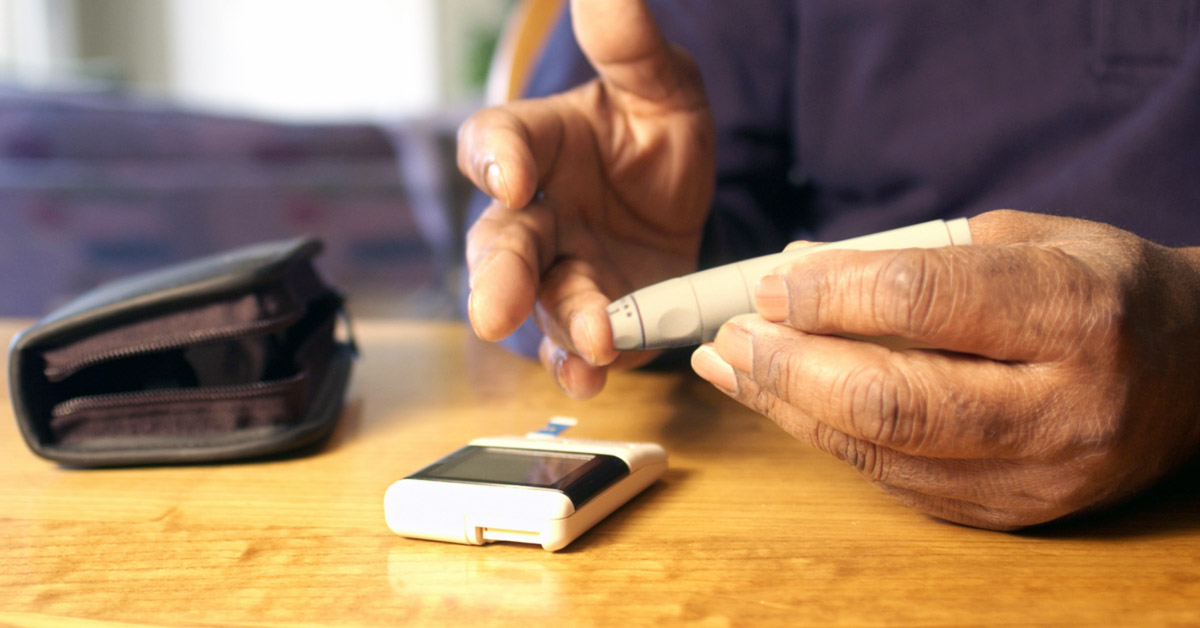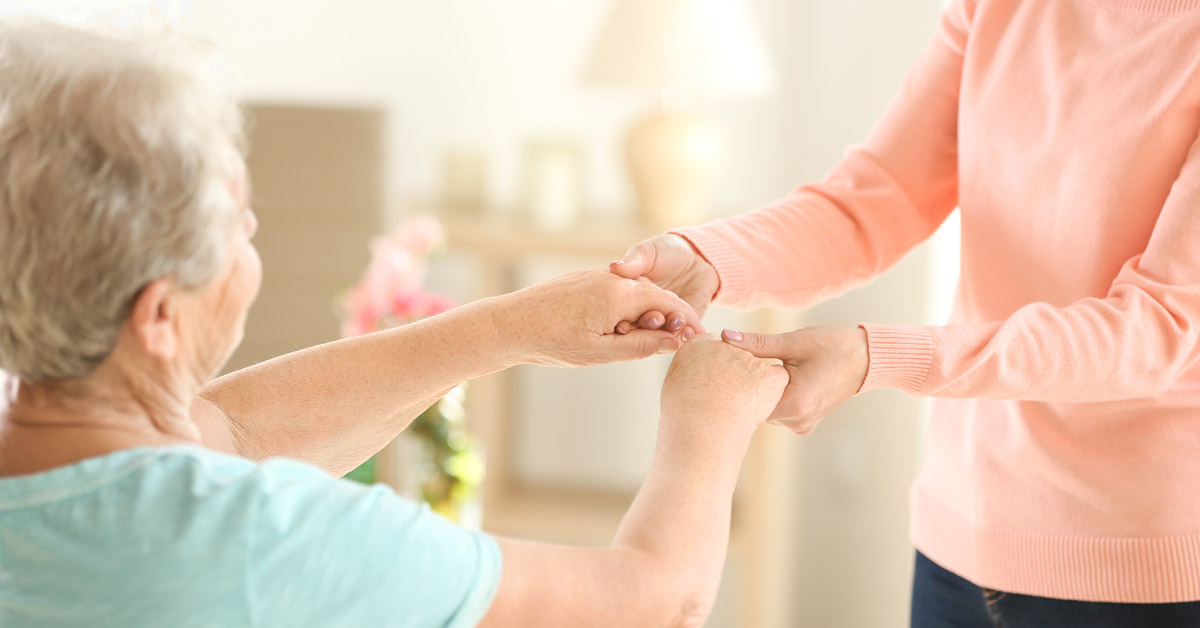
In Diabetes, Slow Home Health More than Doubles Rehospitalization
Medicare beneficiaries with diabetes experience higher rehospitalization rates than patients without diabetes.1 This may result from more complex medication regimens and/or common comorbidities that impair function or cognition.2 With or without a prior hospitalization, doctors and care planners refer to home health to mitigate this risk and to otherwise optimize outcomes when patients have a likelihood of exacerbation. Programs involving in-home nursing visits and ongoing care coordination for at-risk, elderly diabetics have been shown to improve quality of life, diet, foot care, etc., while also having the cost of the intervention more than offset by reduced overall healthcare spending in the next six months.3
Recent Study Suggests
On the other hand, a recent study out of Rutgers, the Keck School of Medicine, and Thomas Jefferson University highlights how home health programs can vary and how this is of particular importance to doctors and other care planners.4 Jamie Smith and colleagues studied the records of more than 209,000 Medicare beneficiaries hospitalized for a diabetes-related condition and discharged to home health. They found that patients with late starts of care (8-14 days after discharge) experienced 110% more rehospitalizations (more than double). How prevalent of a problem is late starts of care? In their sample, less than six out of ten home health referrals received a timely start of care (0-2 days). Nearly three out of ten patients received a start of care more than seven days after the home health referral, if at all. This fact challenges doctors and care planners with both identifying patients at risk for exacerbation or decline and then referring those patients to home health programs that can provide appropriate care promptly.
To Qualify for Home Health
To qualify for home health, patients should meet Medicare’s definition of homebound and should have a recent health occurrence (for example: a visit where lab values are outside of established parameters). When it comes to training geriatric patients in diabetes management, the home health care delivery model offers numerous advantages:
- Pantry review to see what groceries are being purchased and to prompt real-world conversations about grocery decisions
- Medicare Pays 100%
- Home visits improve participation by offering convenience and eliminating transportation barriers
- Assessment of home equipment and ability to use it effectively
- Resource coordination to make sure patients have all equipment, supplies, and nutrition needed
- Recruitment of family caregivers
- Multiple visits spread over weeks to months to give appropriate time for each individual lesson and to ensure successful implementation
Managing Diabetes
Diabetes management coaching would also include preparing and administering insulin injections, home monitoring, teaching hyper/hypoglycemia, teaching foot care, teaching home exercise interventions, and more. As diabetes self-management necessitates life-long learning, behavior change, support, and monitoring, health coaching is a promising intervention to assist individuals in more than just meeting glycemic goals and glycated hemoglobin (A1C) targets.
You don’t get really good at managing diabetes overnight. But over time, you’ll figure out how to go from getting it done to taking it in stride. According to the Centers for Disease Control and Prevention (CDC), a few tips to help with managing diabetes are as follows:
- Eat well
- Be active
- Manage stress
- Do things you can keep doing
- Continue learning
See the Big Picture
Learn what is most important to you. Are you being fit for yourself and your family? Having fun? Having energy? Everything you do to take care of yourself gives you more of what matters most.
References
- Sonmez H, Kambo V, Avtanski D, Lutsky L, Poretsky L. The readmission rates in patients with versus those without diabetes mellitus at an urban teaching hospital. Journal of Diabetes and its Complications. 2017 Dec 1;31(12):1681-5.
- Whitehouse CR, Sharts-Hopko NC, Smeltzer SC, Horowitz DA. Supporting transitions in care for older adults with type 2 diabetes mellitus and obesity. Research in Gerontological Nursing. 2018 Mar 2;11(2):71-81.
- Markle‐Reid M, Ploeg J, Fraser KD, Fisher KA, Bartholomew A, Griffith LE, Miklavcic J, Gafni A, Thabane L, Upshur R. Community Program Improves Quality of Life and Self‐Management in Older Adults with Diabetes Mellitus and Comorbidity. Journal of the American Geriatrics Society. 2018 Feb;66(2):263-73.
- Smith JM, Jarrín OF, Lin H, Thomas-Hawkins C, Tsui J. Timing of Home Health Care Initiation and 30-Day Rehospitalizations among Medicare Beneficiaries with Diabetes by Race and Ethnicity. Preprints.org; 2021. DOI: 10.20944/preprints202102.0017.v1.
- CDC. Living Well With Diabetes [Internet]. Centers for Disease Control and Prevention. 2018. Available from: https://www.cdc.gov/diabetes/library/features/living-well-with-diabetes.html






